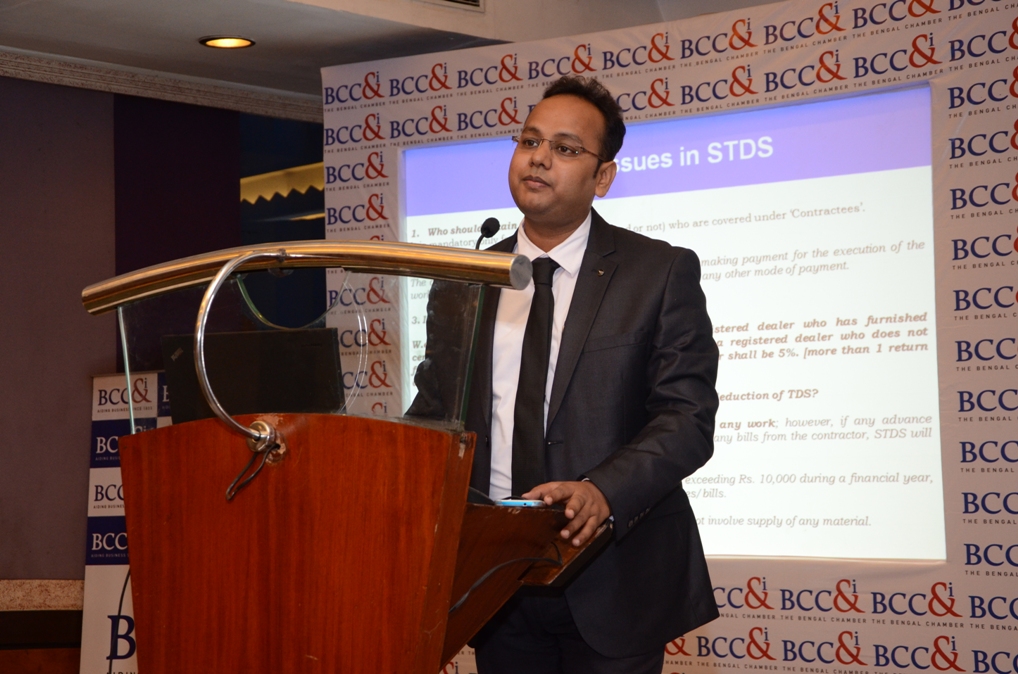“Explore the landmark ITAT Chennai 2016 ruling on CWIP expense write-off in Faurecia Emissions vs. DCIT, highlighting evolving legal perspectives on capital vs. revenue expenditure in business.”
A classic case followed by revenue where the question of law is regarding Allowability of write off of CWIP expenses is M/S. FAURECIA EMISSIONS CONTROL TECHNOLOGIES INDIA PRIVATE LTD. VERSUS DEPUTY COMMISSIONER OF INCOME TAX, COMPANY CIRCLE II (3) , CHENNAI [2016 (3) TMI 368 – ITAT CHENNAI]. In this case, assessee incurred an expenditure towards setting up a factory at Singur in West Bengal. Due to unrest and protest by the local people, assessee had abandoned the said project, and claimed it as a revenue expenditure as a business expenditure. It was held that the expenditure incurred by the assessee is not for the purpose of carrying on its business, but on the other hand it is incurred for the purpose of setting up of new business which is in capital filed. It was decided that the expenditure incurred to set up a project at Singur in West Bengal is not an expenditure wholly and exclusively incurred for the purpose of carrying on business of the assessee or incidental o the carrying on the business of the assessee and it is an expenditure incurred in the capital field and it also cannot be allowed u/s.37 of the Act. Thus, the loss in respect of discarded project had written off by the assessee during the previous year is not allowable expenditure as business deduction and it cannot be allowed.
However, it has to be noted that the law has evolved on the crucial principle that the distinction between capital and revenue expenditure should be determined from the practical and business view point and in accordance with sound accountancy principles, eschewing the legalistic approach.
In the case of CIT-3 Vs. Idea Cellular Ltd. [2016 (10) TMI 181 – BOMBAY HIGH COURT], the Court held that where new cellular towers were constructed by cellular operator in addition to existing tower and no new business was set up, if project was abandoned, expenditure so far incurred would be allowed as business expenditure. Hence, if an expenditure is incurred for doing the business in a more convenient and profitable manner and has not resulted in bringing any new asset into existence, then, such expenditure is allowable business expenditure, even incase capitalised and then written off later.
In the case of Principal CIT vs. Rediff.Com India Ltd. [2022] 441 ITR 195 (Bom) Date of order: 29th September, 2021, the issue was that the assessee abandoned some of its incomplete website projects, which were not expected to pay back and wrote off expenses on account of capital work-in-progress pertaining to such abandoned projects and claimed deduction thereof as revenue expenditure u/s 37 of the Income-tax Act, 1961. The Assessing Officer held that the expenditure was incurred for creating new projects and represented capital assets of its business that were to yield enduring benefit and that by claiming such expenditure under the head ‘ capital work-in-progress’, the assessee itself had admitted that those expenses were capital in nature and disallowed the assessee’s claim of writing off ‘capital work-in-progress’. The Tribunal held that the expenses incurred were in connection with the existing business and were of routine nature, such as salary and professional fees, and that the expenses were revenue in nature and allowed the assessee’s claim. On appeal by the Revenue, the Bombay High Court upheld the decision of the Tribunal and held that The Tribunal’s view that if an expenditure was incurred for doing the business in a more convenient and profitable manner and had not resulted in bringing any new asset into existence, such expenditure was allowable business expenditure u/s. 37 was correct. The expenditure incurred was on salary and professional fees which was revenue in nature and did not bring into existence any new asset. There was no perversity or application of incorrect principles in its order. No question of law arose.”
On similar grounds it was held in the case of AXIS TECHNICAL GROUP INDIA PVT. LTD. Vs DCIT, CIRCLE-1(1), PUNE [2023-VIL-169-ITAT-PNE]. The issue was that the assessee had capitalized certain revenue costs in respect of certain modules which it was trying to use in the software development business, but abandoned them during the year under consideration. It was held that costs incurred earlier on such modules, which are otherwise of revenue nature, cannot be treated as capital expenditure, incapable of deduction on their write off. Rather it is a case of incurring revenue expenditure, which was initially capitalized and now written off because of abandoning the modules, that were no more required in the software development business. The cost of salary and computer rent is eligible for deduction. The ground of appeal was allowed.





